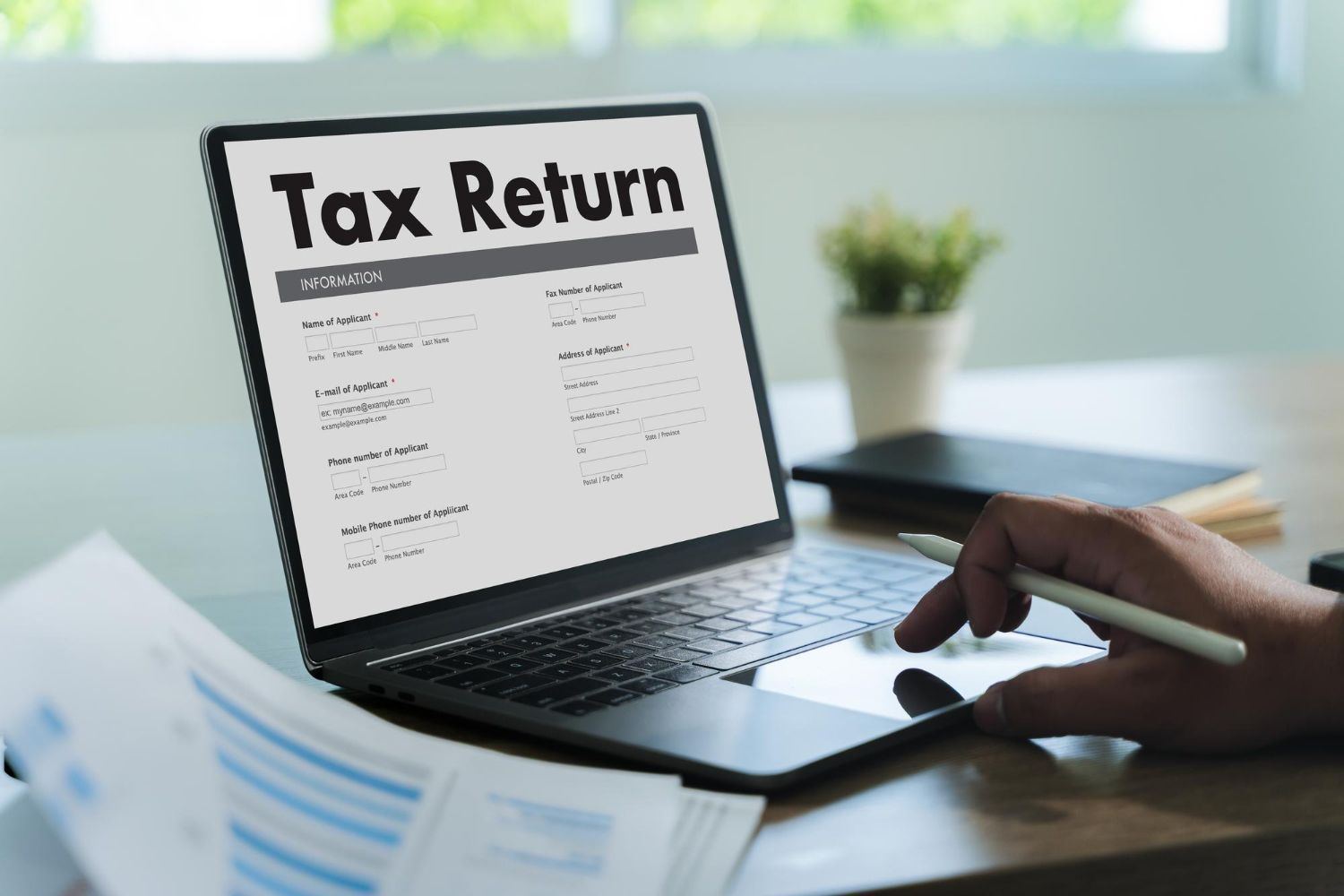Demystifying Part XIII Income Tax
Part XIII Income Tax: Taxation of Certain Payments to Non-Residents
Part XIII income tax is a withholding tax that is imposed on specific payments or credits made to non-residents. It’s important to note that not all earnings are subject to this tax. Generally, passive income is the primary concern when it comes to Part XIII tax. In simpler terms, Part XIII tax is the tax withheld by the payer from payments made to non-residents.
The following are the most common types of Canadian income that are subject to Part XIII taxation:
- Pensions and annuities
- Interest
- Dividends
- Management fees
- Estate or trust income
- Rental income
- Royalties
- Payments for film or video acting services.
These types of income, when earned by non-residents, are subject to withholding tax under Part XIII of the Income Tax Act. The tax is deducted at the source by the payer before the payment is made to the non-resident. The rate of withholding tax varies depending on the specific type of income and any applicable tax treaties between Canada and the recipient’s country of residence.
It’s important for both payers and non-residents to understand and comply with the regulations surrounding Part XIII income tax. The Canada Revenue Agency (CRA) provides detailed guidelines and resources to ensure proper reporting and withholding of taxes in accordance with the law.

Is Part XIII Tax Refundable?
No, the Part XIII taxes you pay on income derived from Canada are generally not refundable. This means that you typically don’t need to file a Canadian tax return solely to claim a refund for these taxes, unless you have additional income from specific Canadian sources, such as rental income from properties or timber royalties, or certain types of Canadian pension income.
If you have income from these Canadian sources and choose to file a tax return reporting the Part XIII tax withheld, you may be eligible to claim a refund for a portion or all of the tax paid. However, it’s important to note that you won’t be able to use H&R Block’s tax software to prepare such a return.
In order to claim a refund for Part XIII taxes, it’s advisable to consult with a tax professional or seek guidance from the Canada Revenue Agency (CRA). They can provide specific instructions on how to report and claim the refund for the applicable income sources, ensuring compliance with Canadian tax regulations.
What are the factors that make you responsible for Part XIII income tax?
You are responsible for withholding Part XIII tax in the following circumstances:
- If you are a Canadian resident and you are paying or crediting Part XIII amounts to a non-resident.
- If you are a debtor, an agent, or an individual who pays or credits Part XIII amounts while redeeming bearer coupons or warrants.
- Additionally, if you are an agent or any other person who receives Part XIII amounts for a non-resident, you are no longer authorized to withhold tax.
It’s important to note that any individual who pays or credits amounts that are taxable under Part I or Part XIII of the Income Tax Act is required to fulfill their withholding obligations.
What are the rates of Part XIII tax?
In general, non-residents are subject to a 25% tax on amounts that are taxable under Part XIII. However, the tax rate can be reduced or eliminated based on the provisions of the Income Tax Act or a bilateral tax treaty between Canada and other countries.
Canadian payers or withholding agents are responsible for making a commitment to withhold and remit the appropriate amount of Part XIII tax at the applicable rate.
To assist with calculating your Part XIII tax liability, the Canada Revenue Agency (CRA) provides an online non-resident tax calculator. Any deductions of non-resident tax withheld by the Canadian payer must be reported to the CRA by the 15th of the month following the month in which the payment or credit was made to the non-resident.
If you are making payments or credits to individuals in countries that have tax treaties with Canada, it is important to verify the rate specified in the Income Tax Act. Additionally, an NR4 information return reporting amounts paid or credited to non-residents of Canada must be filed with the CRA within 12 months.
How Beneficial Ownership and Tax Treaties Provide Value
In order to meet the requirement of reasonable withholding, it is necessary to have recent and sufficient information to demonstrate that the payee:
- Is the beneficial owner of the income.
- Is a resident of a country with which Canada has a tax treaty.
- Is eligible for treaty benefits based on the income paid under the tax treaty.
Beneficial Ownership: An Introduction
In most cases, it is reasonable to assume that the payee is the rightful owner of the income unless there are compelling reasons to believe otherwise. However, it is important to carefully assess whether the payee is indeed the beneficial owner. While this list is not exhaustive, the following situations may raise suspicions:
- The payee acts as an agent or nominee on occasion.
- The payee is designated as being “in trust of” another person or “in care of” someone else.
- The mailing address for receiving the income is different from the registered address of the owner.
- The recipient of the funds is a partnership, a U.S. Limited Liability Corporation, a pass-through entity, or a co-ownership group.
- If the payee is an insurance company or a pension fund, the Canada Revenue Agency (CRA) will consider them to be the rightful owner of the income.
By carefully assessing beneficial ownership and considering the provisions of tax treaties, you can ensure compliance with withholding requirements and avail yourself of the benefits provided under the applicable tax treaty.

Conclusion: Part XIII Income Tax for Non-Residents
Non-residents who receive certain payments or credits from the Canadian government are subject to the Part XIII income tax. This tax is deducted from the payments or credits they receive. Passive income can pose challenges in terms of tracking and compliance with the Part XIII tax requirements.
It is important to note that in many cases, the taxes paid on income derived from Canada are non-refundable. This means that individuals may not need to file a Canadian tax return specifically for the purpose of reporting these payments.
To assist with tax calculations, the Canada Revenue Agency (CRA) provides an online non-resident tax calculator. Additionally, Canadian payers are required to report all tax deductions withheld or credited to non-residents by the 15th of the following month. Compliance with these reporting deadlines is crucial.
The post Demystifying Part XIII Income Tax appeared first on DBM Accounting | David B. McKeand Professional Corporation.











